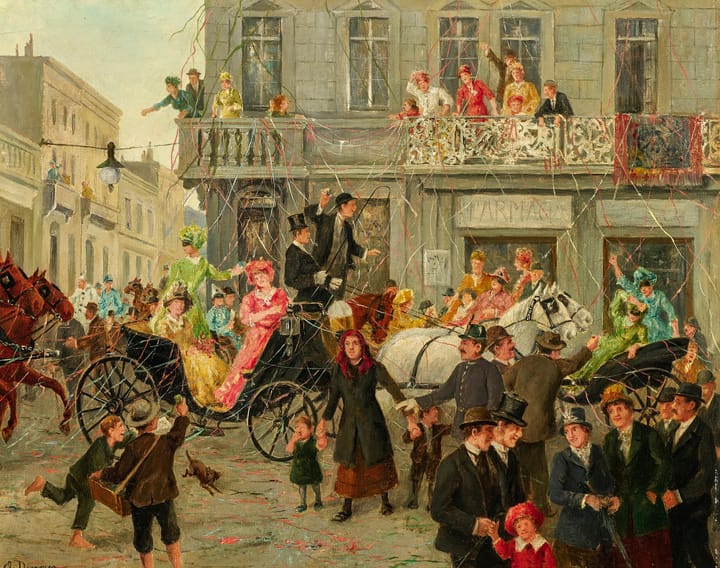Where September 11 sits in history.
It's appropriate to memorialize 9/11, but we should not let that process obscure our understanding of the true event.

As I'm sure you're aware, today is the 22nd anniversary of the terrorist attacks of September 11, 2001. It shouldn't be controversial to say that this is an awkward and uncomfortable occasion. How we remember and memorialize events in the past is at least as important as what those events actually were. For the last 22 years, we've seen lots of American flags come out on this day, and our social media is--less now than in years past--peppered with images of the towers, or a bald eagle with a tear streaming from its eye, memorials to police officers or firefighters, and especially the odd phrase, "Never Forget," as if that's even possible, much less a significant danger. Those are legitimate and meaningful ways to process what happened and its significance. They are all, also, being symbols and archetypes, necessarily incomplete. For all the memorialization that Americans do over this event, what 9/11 means in historical context is usually overlooked in these sorts of narratives, if it was ever there at all. Historians are among the least welcome interlopers at moments when the spotlight is dominated by flags and crying bald eagles, but we do fill an important role, I think.
Nine-eleven, as an event, is at an awkward age at 22 years old. We in the modern world are as distant in time from September 11, 2001 as the year 1963 was from the Pearl Harbor attacks. An entire generation of people with no personal memory of the event has been born and grown to adulthood. Yet, unlike Pearl Harbor is to us in 2023, September 11 is recent enough in our history that many people we encounter in our daily lives have a loved one or a friend who was killed that day and whom they're still mourning, and eyewitnesses to the event are abundant and not extremely elderly. It's far enough away in time that a few history books, including some good ones, have been written about 9/11, but it's still mostly taboo to show it in a movie or reference it in a non-reverential way. Americans have a strange fragility about 9/11 that we don't seem to have experienced around other national tragedies. By 1963, the same length of time from the beginning of U.S. involvement in World War II as we are from 9/11, hundreds of films, books and TV shows had come out involving that war. By contrast we seem to wince instinctively whenever September 11 comes up. It's hard to say when, if ever, that period of fragility will ever dissipate, but in some respects it blinds us to the true understanding of why the terrorist attacks happened that day, and what they mean.


